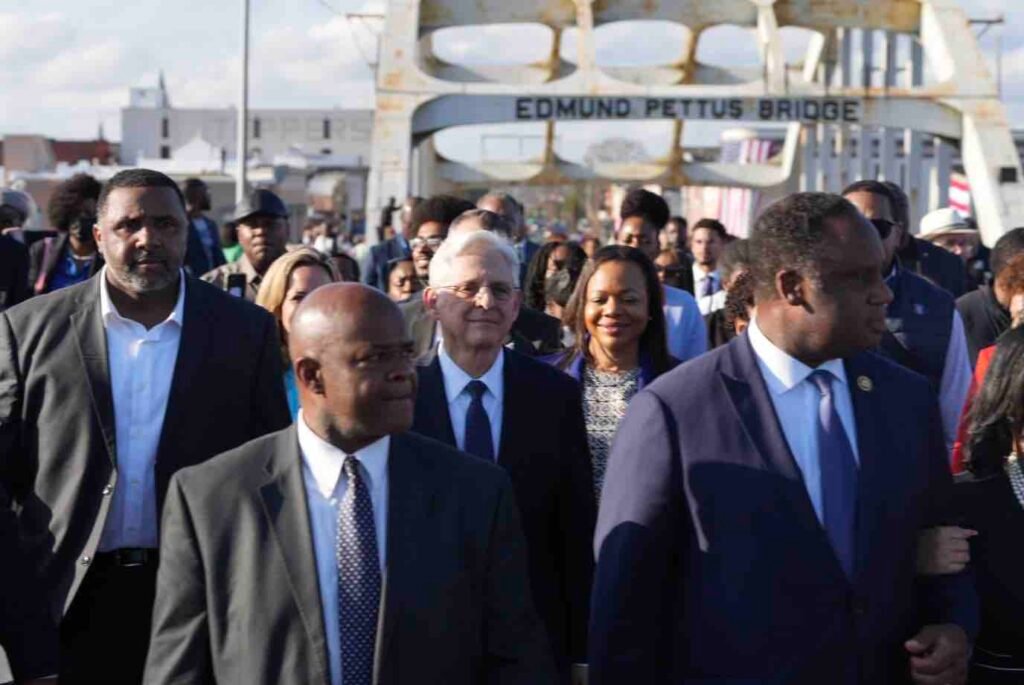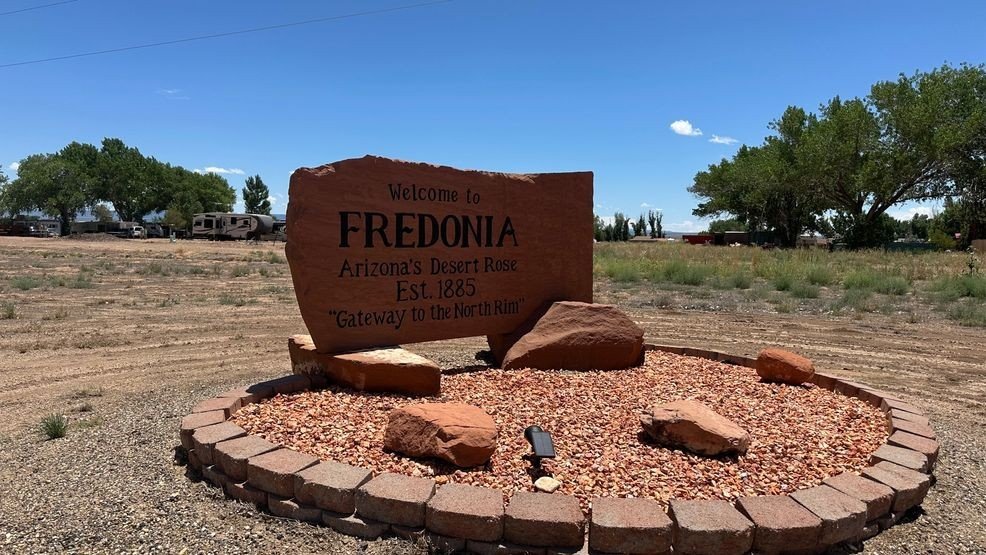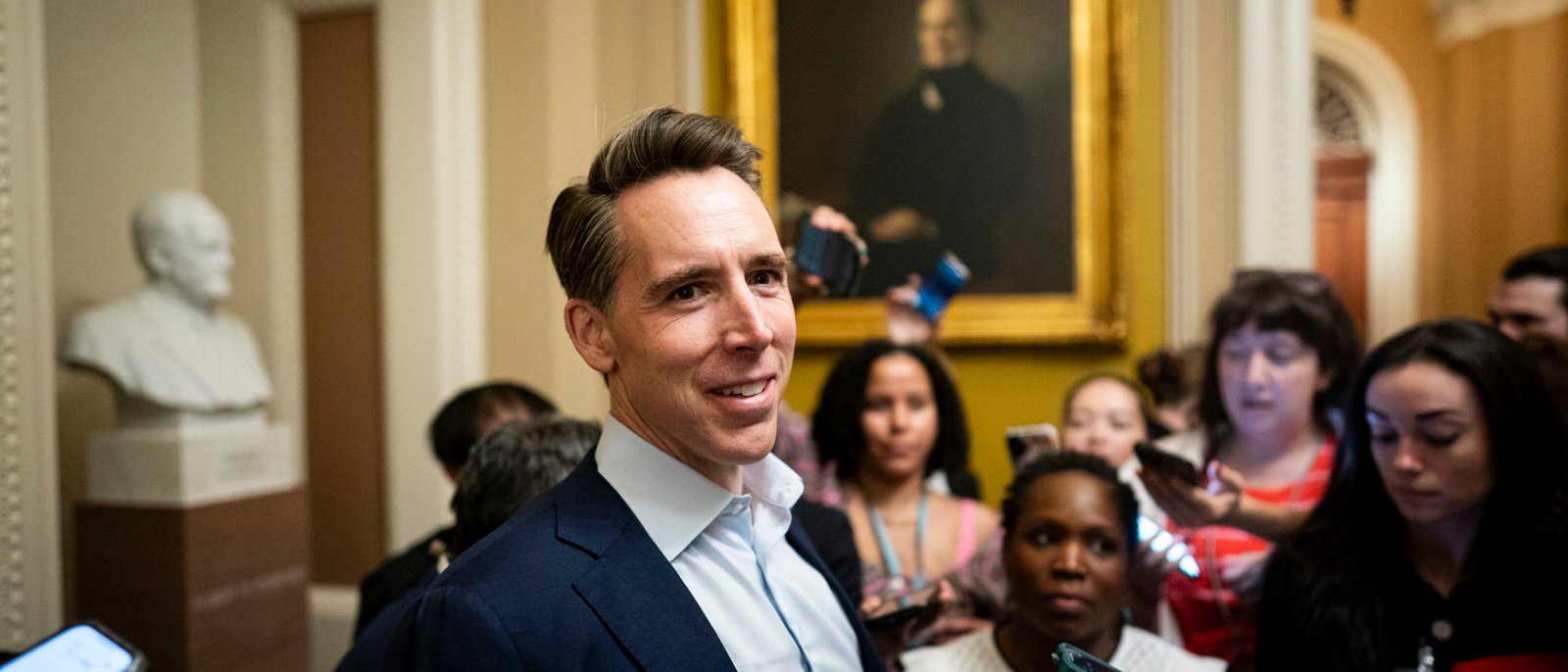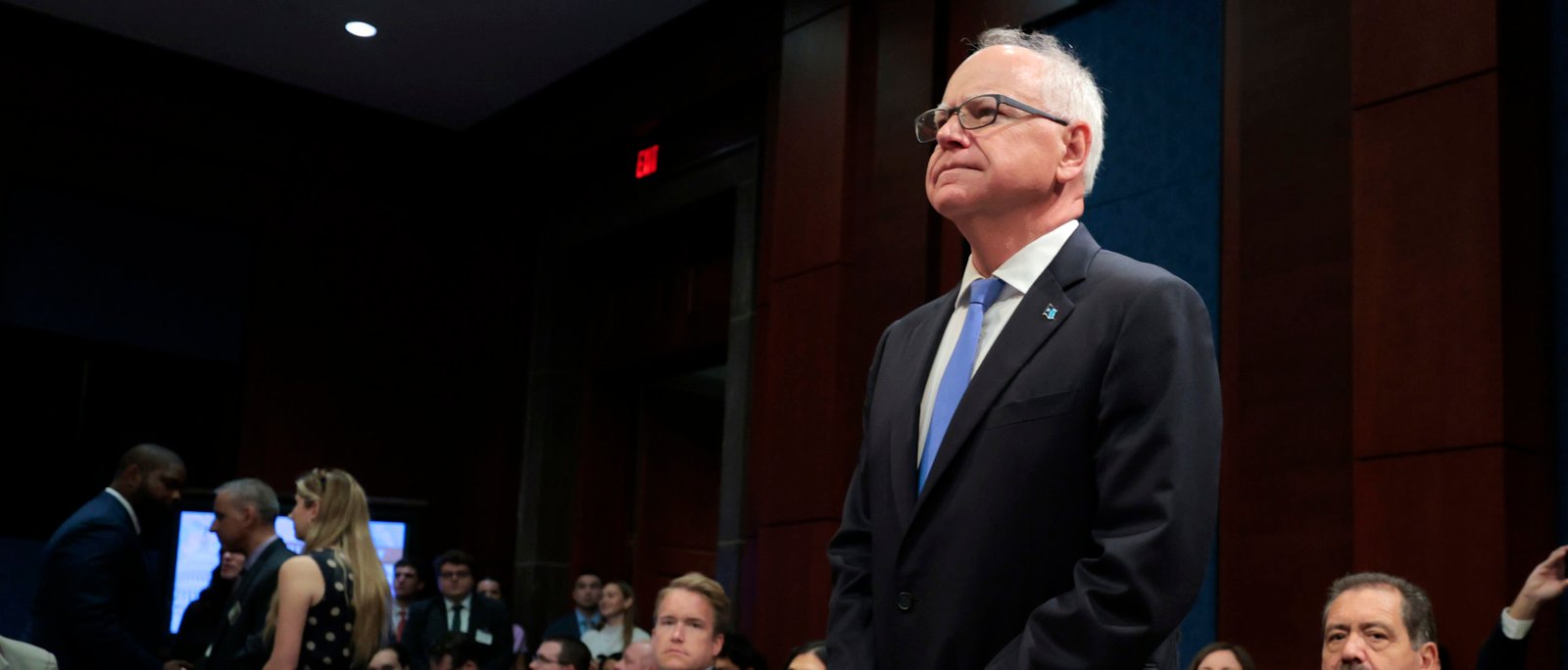In a moving address at Tabernacle Baptist Church in Selma, Alabama, Attorney General Merrick B. Garland reflected on the historic and ongoing struggle for the right to vote in America, and reflected on this fundamental democracy. He emphasized the federal government's commitment to upholding principles. Speaking on the solemn occasion of the 59th anniversary of Bloody Sunday, Garland acknowledged Selma's deep historical significance in the fight for civil rights and voting fairness.
“Throughout our nation's history, before and after Bloody Sunday, America's right to vote has been under attack,” Garland said.
Mr. Garland thanked the church community and especially recognized the significant contributions of civil rights activists past and present who have made sacrifices to advance the cause of justice and equality. He emphasized the non-negotiable nature of the right to vote, for which many in Selma fought so hard and even shed blood.
“The courage of the marchers contributed to the passage of the Voting Rights Act of 1965, which gave the Justice Department important powers to protect voting rights,” he said.
The Attorney General traced the lineage of oppression from the post-Civil War period to the present day, pointing to persistent challenges and efforts specifically aimed at undermining the voting rights of Black Americans. He detailed the Justice Department's historic role in combating such fraud and its continued commitment to protecting voting rights through legal challenges and enforcement.
“That's why one of the first things I did as attorney general was to double the number of attorneys in the voting section of the Civil Rights Division,” he reminded the audience. “Our democracy cannot function if the public officials and civic-minded people who administer our elections fear for their lives.”
Garland highlighted recent measures that threaten voting access and representation and criticized legislative measures that impose unnecessary barriers to voting, create discriminatory redistricting, and weaken local election administration. . In response, he detailed the Justice Department's aggressive actions, including expanding the Civil Rights Division's voting section, challenging discriminatory practices, and redistricting plans.
“We are seeing a dramatic increase in legislative efforts that make it harder for millions of voters to cast their votes and elect the representatives of their choice,” he said.
Garland also cited widespread threats to democracy, including intimidation and violence against election workers, and outlined the department's efforts to combat these issues and maintain the integrity of the election process.
In closing, Garland reiterated the idea that democracy requires the active participation and vigilance of all generations, invoking the memory of John Lewis, a prominent figure in the civil rights movement. His speech was more than just a historical recollection, it was a call to action and the Department of Justice's unwavering commitment to ensuring that all eligible Americans can exercise the right to vote, a cornerstone of our nation's democracy. was confirmed.
“Democracy is not a state,” he said. “It's an act. And each generation must play its part.”
















